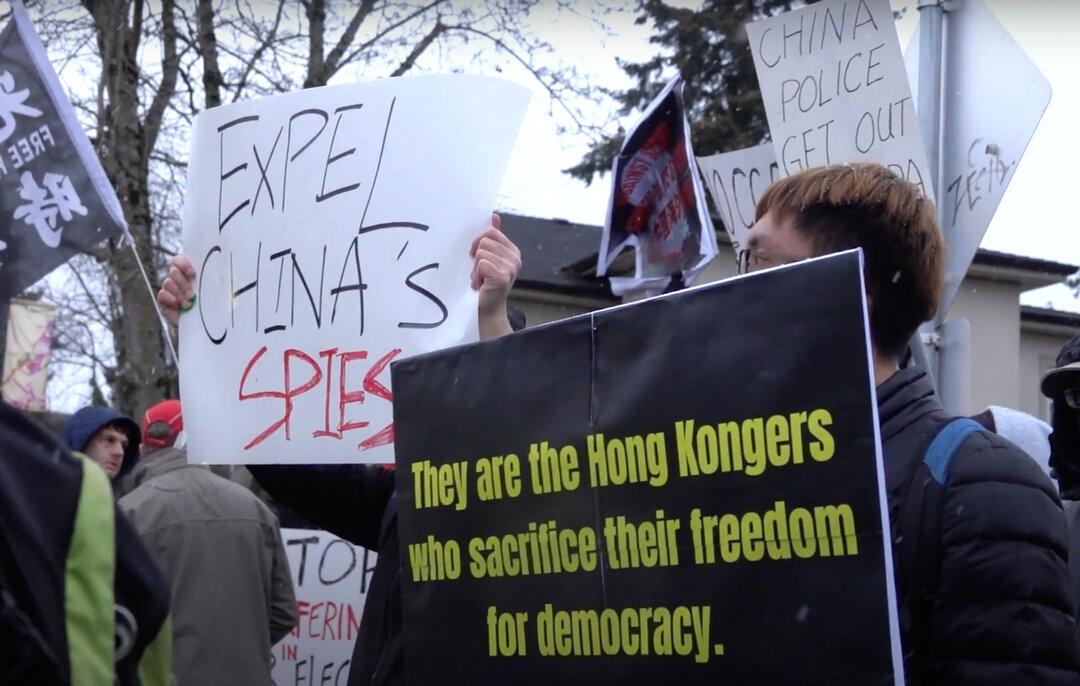While Beijing’s election interference in Canada has dominated media headlines in recent weeks, Chinese living overseas who have been raising the alarm for years have remained “unheard and erased,” said a rights advocate.
“When the diaspora resists Beijing’s transnational controls, dissidents’ tires are slashed, activists are harassed and threatened, international students’ study permits are declined, and passport applications are rejected,” Ai-Men Lau, adviser to Alliance Canada Hong Kong (ACHK), said while testifying on Beijing’s foreign interference to the House ethics committee on March 10.





